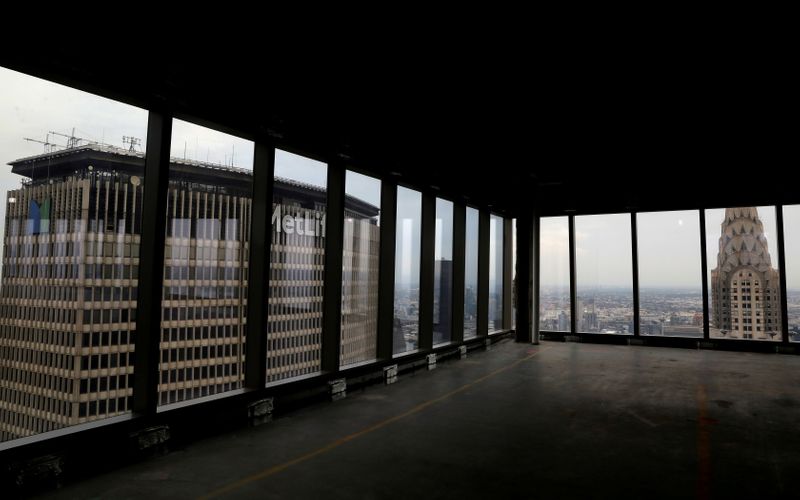OAKLAND, Calif. (Reuters) – America’s biggest cities should brace for a chunk of families moving out because they prefer to work remotely from less crowded and less expensive areas, according to a survey by Upwork released Thursday.
The survey showed 14 million to 23 million people plan to pack up, many of them from big U.S. cities.
The trend is no surprise since the pandemic made it dangerous to commute on mass transit and work in crowded offices. Still, Upwork chief economist Adam Ozimek said the large number was a surprise.
Ozimek commissioned two smaller surveys with new questions to confirm the trend. Some 20,000 people participated and results of the three surveys show 6.9% to 11.5% of households plan a move because of remote work opportunities. That comes on top of families that would be moving regardless of the pandemic-led changes.
Of those planning a move, 20.6% are currently in a major city, 41.5% are moving more than four hours away and 13.2% are moving two to four hours away. Upwork helps connect businesses with freelancers around the world.
Several tech companies, including Facebook Inc <FB.O>, Twitter Inc <TWTR.N>, Square, Dropbox Inc <DBX.O>and Stripe, are giving employees the option to choose permanent remote work with some requiring a pay cut for those leaving the expensive cities.
Earlier this week, Glassdoor, a job and recruiting site, launched a calculator https://www.glassdoor.com/research/remote-worker-pay-adjustments showing how geography can impact pay in the longer term. For example workers leaving San Jose and San Francisco could face 24.6% and 21.7% average drops in pay respectively.
Glassdoor Chief Economist Andrew Chamberlain said he believes cities will maintain higher productivity thanks to active idea exchanges that will keep pay higher. “People are drawing down on their capital stock of previous accumulated relationships,” Chamberlain said. “It’s very hard to rebuild new relationship capital in the work from home environment with people you’ve never met…It’s hard to create serendipity.”
(Reporting By Jane Lanhee Lee in Oakland; Editing by David Gregorio)

























